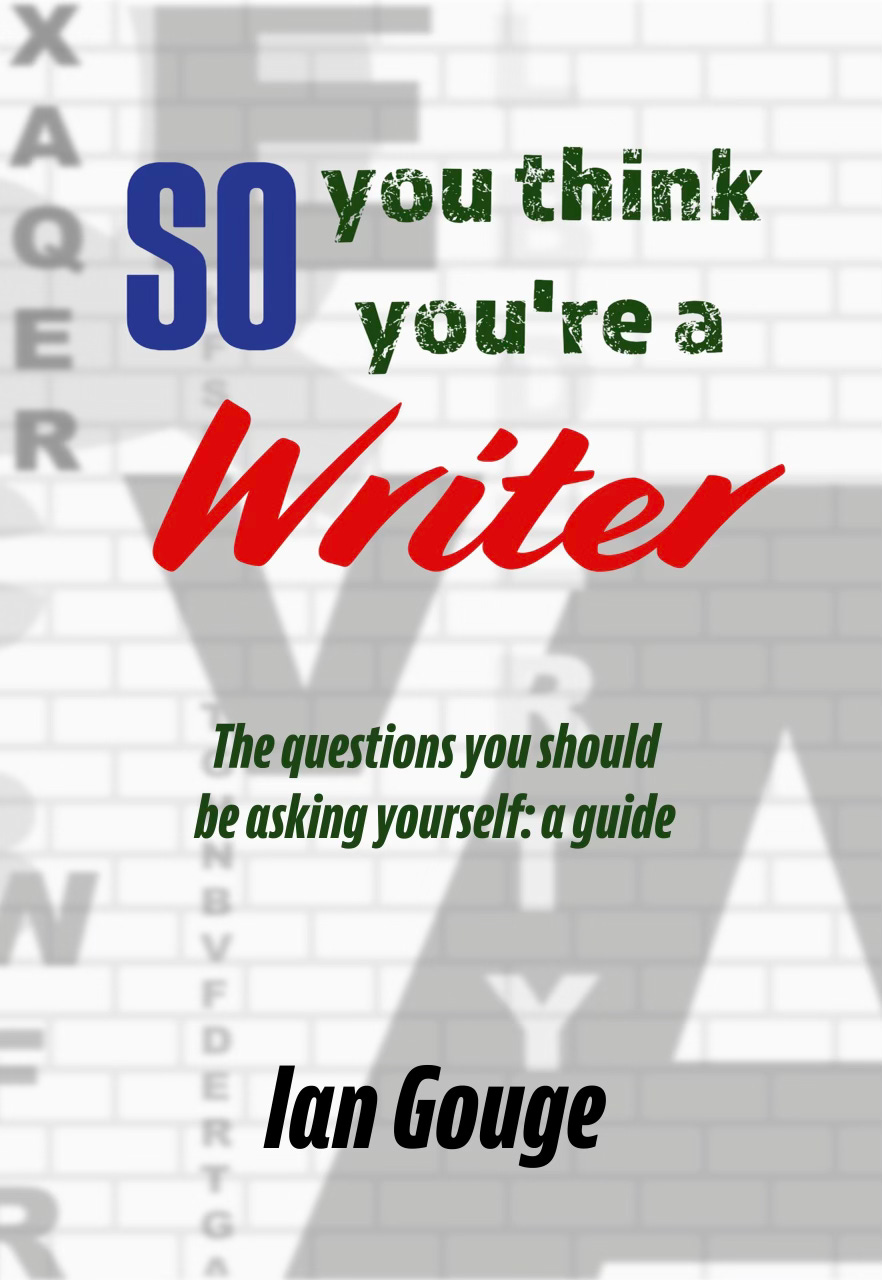Do you know that feeling when, emotions getting the upper hand, you quickly draft an email and press send without counting to ten? Or even three? Or without counting at all?
On occasion in my old professional life I was sadly guilty of that - including one incident many years ago when I inadvertently shared some salary data between colleagues… Ouch! That’s a difficult one to come back from!
The problem is, of course, that once you’ve hit the ‘send’ button that’s usually it; by the time you realise you need to recall the email someone’s already opened it and then you’re stuffed.
You would think that wisdom - bestowed by age and such experiences - would act as a guardian to prevent similar things happening again… But no such luck. No matter what you know, how many scars you have, you’re always vulnerable. Like swearing '“never again” the day after an exceptionally heavy night in the pub - and then making the same mistake all over again some time later. (Though that’s one I do seem to have learned well enough - even if it took more than one lesson!)
Recently I saw something on-line I thought was incorrect, both in the premise and the way it was said. Emotion elbowed wisdom out of the way and I plunged in with both feet. I didn’t even count to one! If I had the chance to rescue the situation (and I did) I missed it, only succeeding in digging myself a deeper hole. I wasn’t wrong in what I wanted to say, but rather in the way I went about expressing those views…
Soon it probably won’t matter. Social media moves so fast that it will be lost in the morass quickly enough - as will my heartfelt apology which, I’m guessing, wasn’t accepted. And that may or may not be fair enough.
But the episode brought to mind how we critique others’ writing - a pertinent topic as I’m currently in the final throes of editing So, you think you’re a writer. There’s a short section in the book on criticism in which, amongst other things, I say:
“Before delivering a critique, think about how you would want to receive feedback: ‘do as you would be done to’. That should be your mantra. If you would hate someone to come at your work all guns blazing, then don’t do that to others.”
I should have listened to my own advice!
It’s a ticklish subject, critiquing others’ creative work. Oh, it’s easy enough when the work is good and you only have positive things to say; but when that’s not the case? Do you play safe, keep quiet, or offer some bland platitude?
“Many of us — perhaps the vast majority — shy away from confrontation; thus delivering critique which is likely to be interpreted as personal can be particularly challenging. The result is that people can refrain from criticism altogether, however well-founded and well-intentioned their comments might have been.”
And the challenge arises not merely in any notion of ‘good’ or ‘bad’, but in the area of ‘belief’. ‘I think this, you think that’; and even when not diametrically opposed - like Republican and Democrat perhaps - debate around beliefs is often pointless. Moving the dial can be impossible. A lose-lose situation perhaps.
My recent encounter was of the ‘belief’ variety. Maybe because of that I should have heard the warning bells - or counted to ten…
Lesson learned? Once again, I hope so.






Precisely!
This is why, when I critique, I select one specific issue to “discuss” before hand, such
as plot, arc, theme…
It allows me to question the ‘intent’ of certain issues, rather than declaring whether it’s good or bad, or even if it like it or not.
Stating my understanding of said intent promotes a more open exchange that serves both me and the writer in terms of what works or how an intent may be resolved.
interesting and honest, as always! In terms of critique, I think it matters WHY and WHO one is critiquing. Has it been asked for? Is the person a student, for example? Is it a workshop situation? And ego - is this about myself or supporting the other person? Editor, commissioner, teacher - or friend, fellow-writer etc.? And does it matter whether the situation is professional, one-to-one, group...? Certainly critique 'at distance' is a minefield!